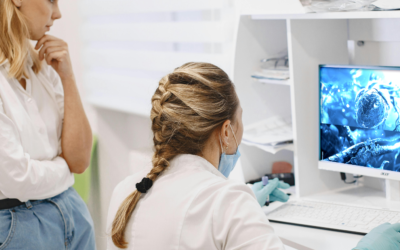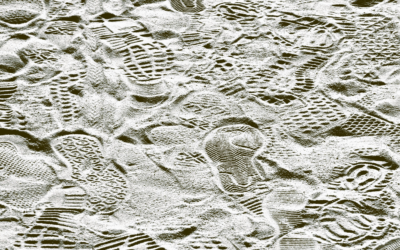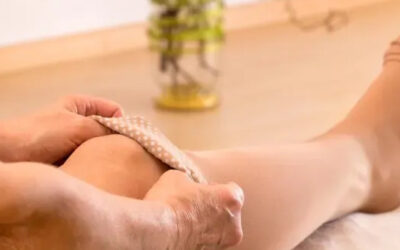While the human body is wonderfully designed to endure all the wear and tear that comes with normal life, we still bear a duty to take care of it. Whether we’re working in the most hazardous conditions imaginable or chopping veggies in our kitchens, the possibility of being wounded is always a reality.
In this post, we’ll explore the most effective ways to handle any wounds that come our way and how to ensure we don’t suffer any subsequent infections.
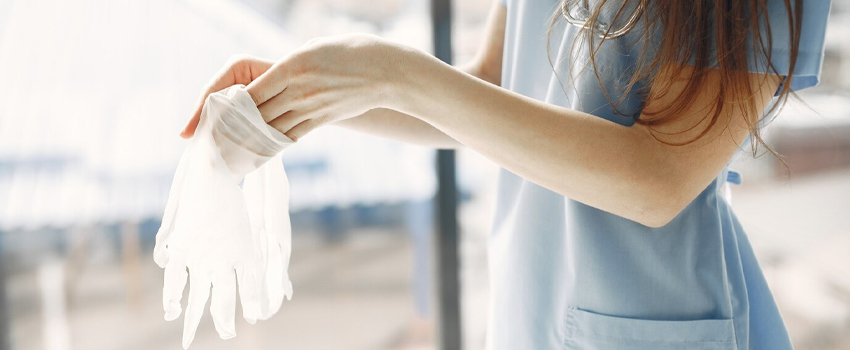
Let’s dive right in.
Wound Cleaning
The first thing you’ll need to do once you’re injured is clean the area around the wound. This will involve:
- Place the injured area under clean running water and use mild soap to clear the area of any dirt or debris you can see.
- As you do this, try to help staunch or stop any continuing bleeding by applying gentle pressure as you’re doing so.
- If you’re dealing with wounds contracted as a result of fire damage, the procedure will be a little different. First, you’ll need to run cold water over the affected area and then place a wet cloth over it. Be careful not to drain or pop any blisters that may form.

Treating the Wound
Once you’ve taken care of the immediate cleaning needs, your next task will be to disinfect and treat the wound to forestall any potential infections. Infections are brought about as a result of bacteria and microbes in the dirt entering the wound and proliferating in it. Here’s how you go about it:
- Gently place a thin layer of an antibiotic such as bacitracin to kill any microbes that may be left in the wound before laying another layer of white petroleum jelly to protect the wound from any more dirt and bacteria in the environment.
- Take a clean bandage and wrap it around the wound, taking care not to wrap it up too tightly for proper circulation to take place.
- Using clean soap and water, take off the bandages and clean the affected area every day, applying another dose of ointment and changing the bandages afterward.
- If the wound is healing well then there’s no need to keep using hydrogen peroxide or alcohol during the cleaning process.
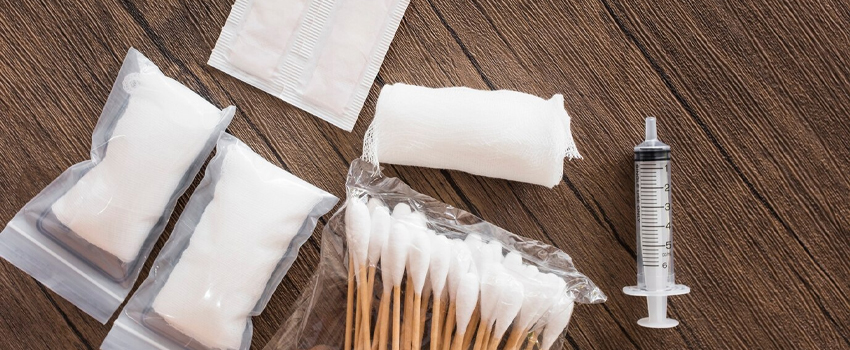
When Cleaning and Treatment Does Not Work
Depending on the severity of the wound and the level of potential contamination it was exposed to, you might notice that it is not healing well. If you notice any of the following conditions, be sure to contact a qualified clinician:
- An increase in the swelling or pain experienced
- Increased temperatures around the wound
- A red, streaking region emanating outward from the wound
- Developing a fever ranging higher than a hundred degrees
- A reduced range of motion in the affected limb
- Any noticeable oozing or drainage emanating from the wound, especially if it smells bad

Aside from the symptoms we’ve mentioned above, be sure to see a physician immediately if you encounter a gaping wound, bite injuries or a worryingly long healing period.
Final Thoughts
Taking care of ourselves and the ones we love requires constant vigilance and effort, but there’s no need to worry if you have the right knowledge at hand. The tips and tricks outlined in this post will guide you through normal incidents and accidents, but never take a serious wound for granted. Washington Vascular Specialists offers you world class vascular care at affordable rates, so be sure to make us your first call in case of any unfortunate eventualities. Make Washington Vascular your first choice for any vascular emergencies. You won’t regret it!

